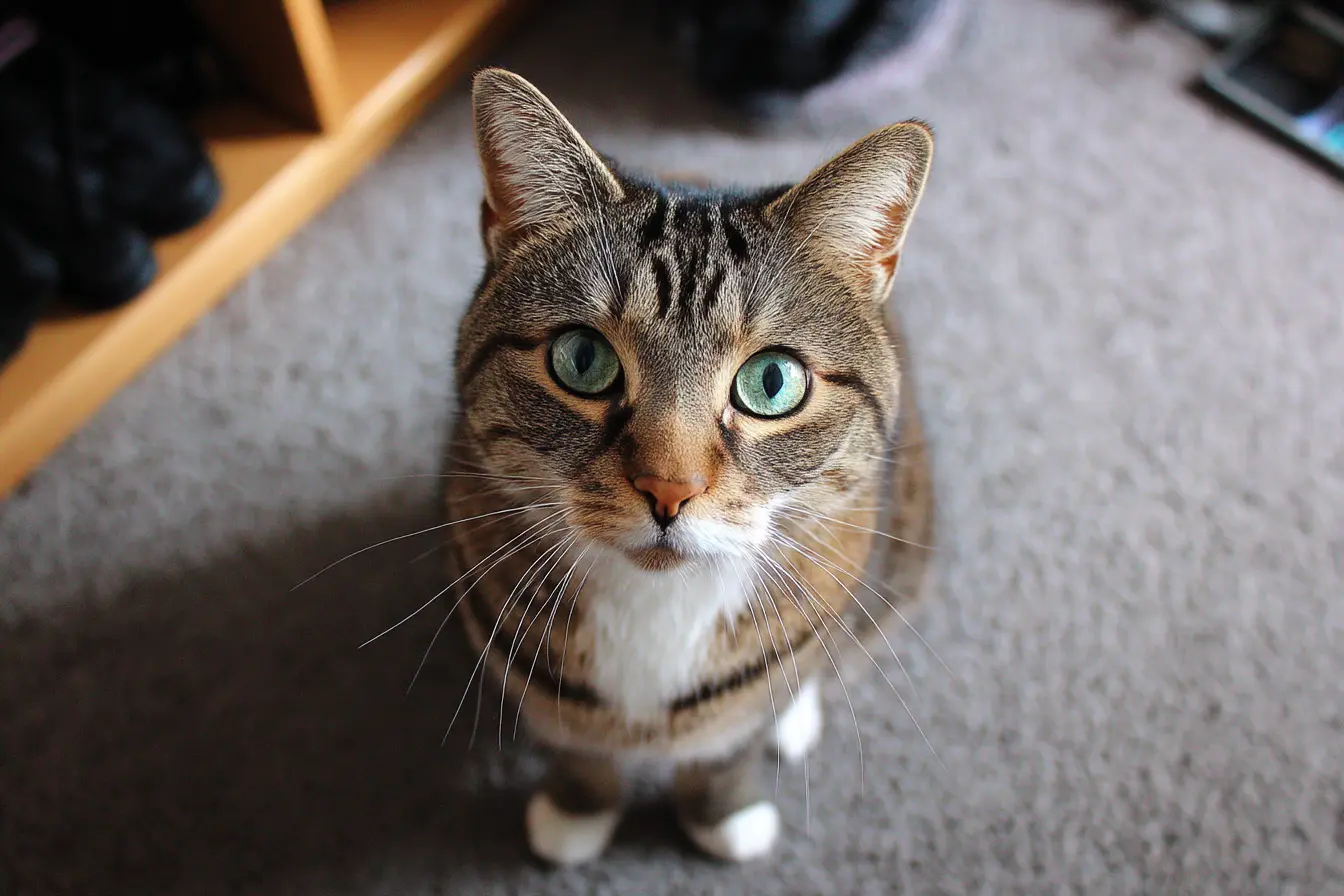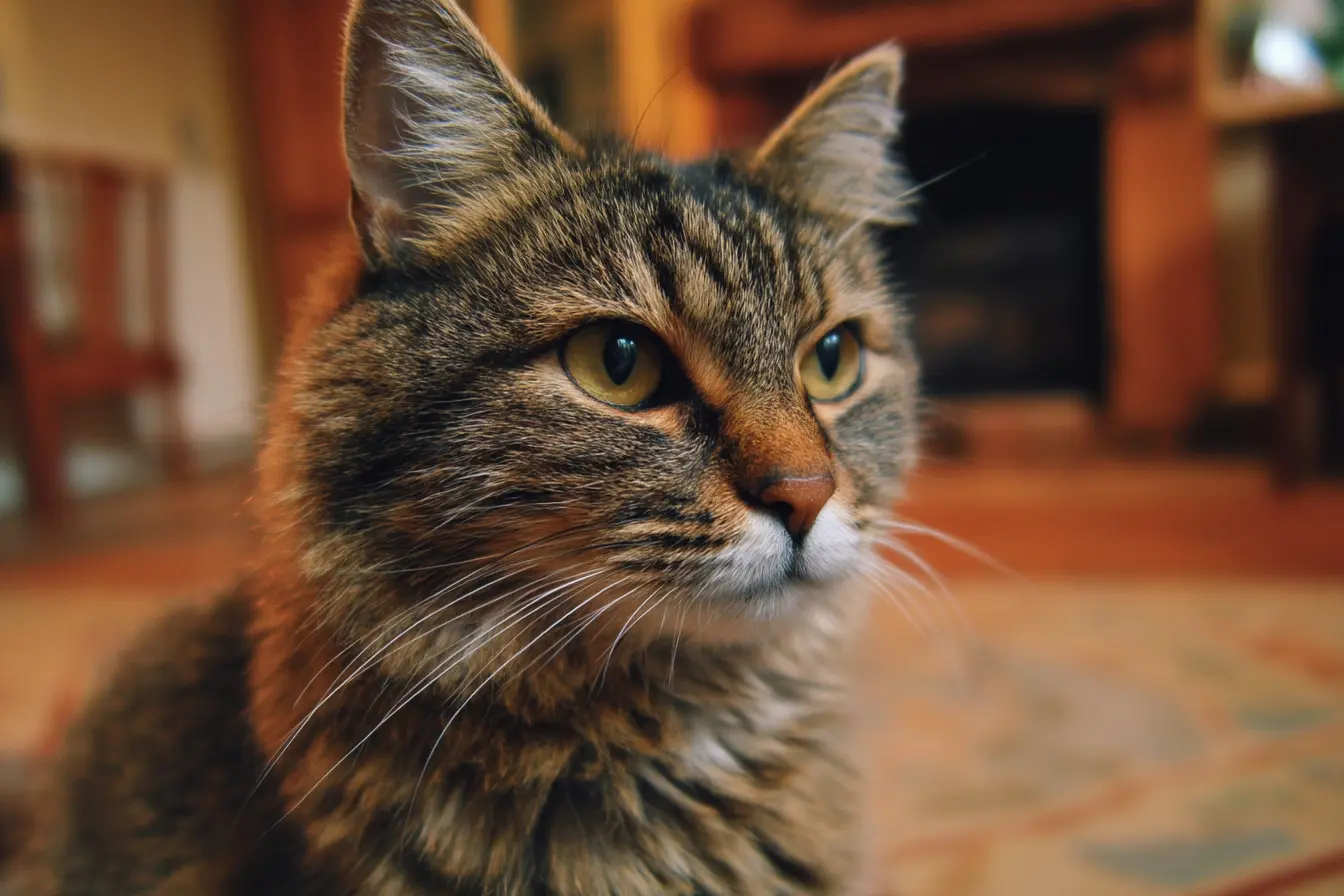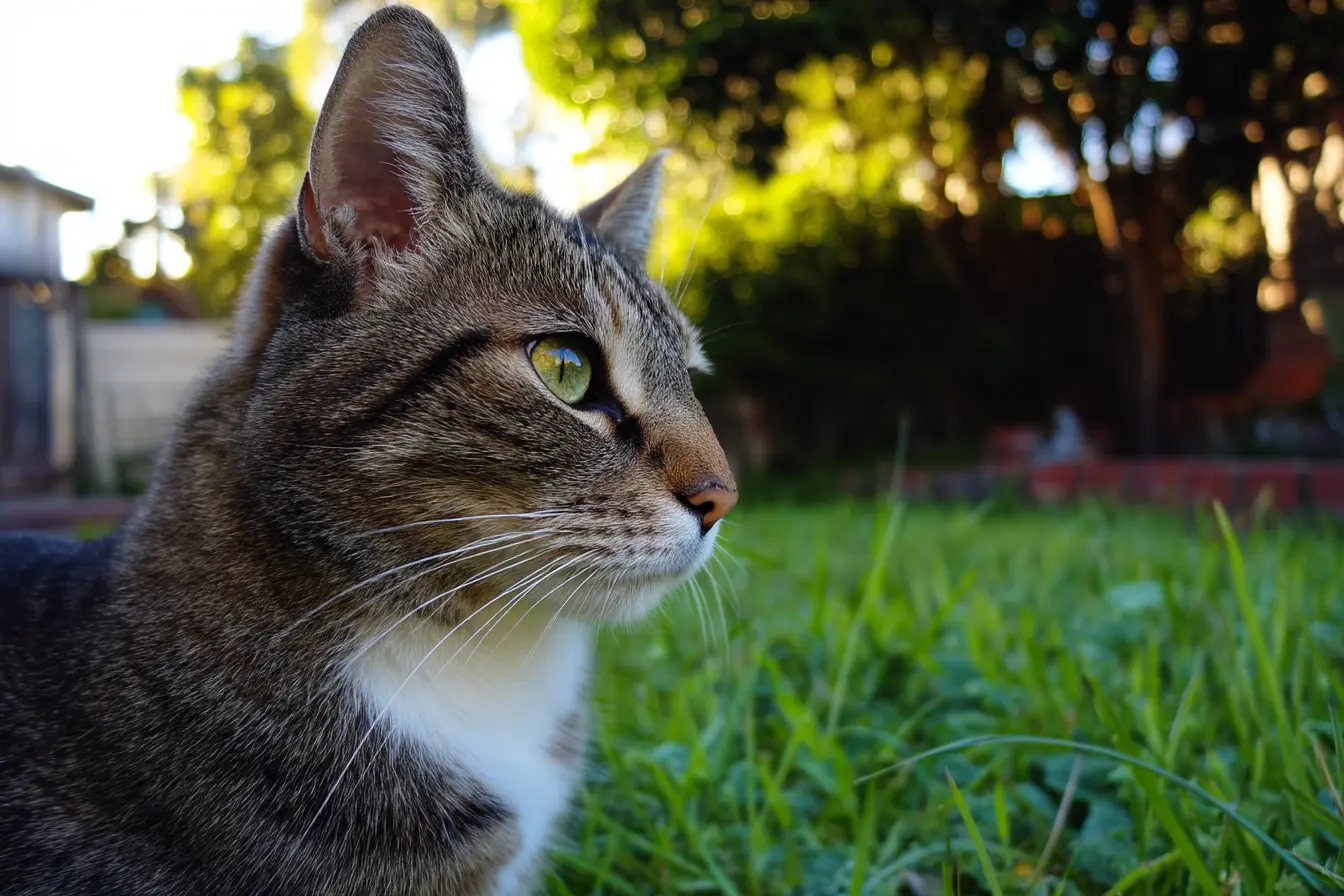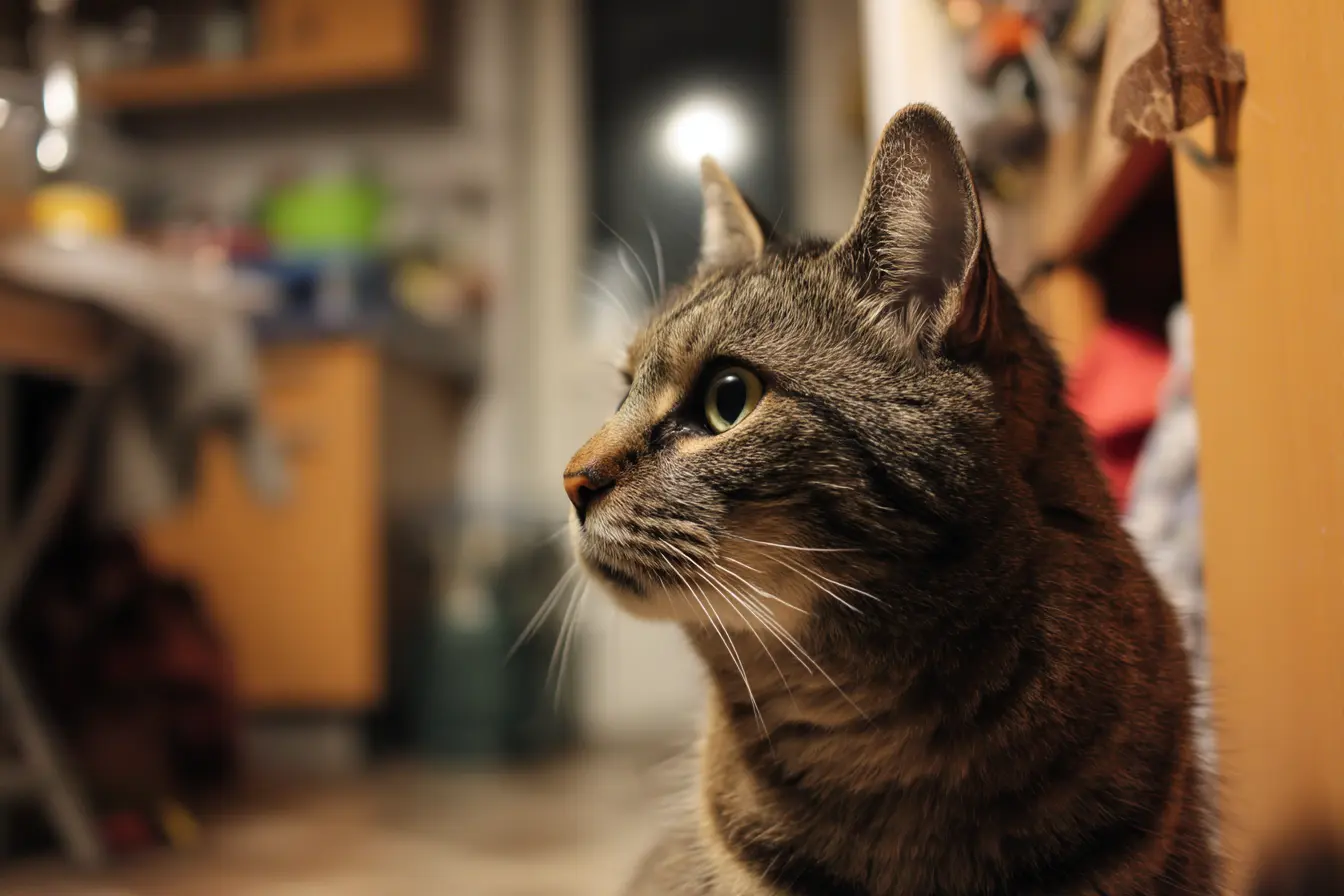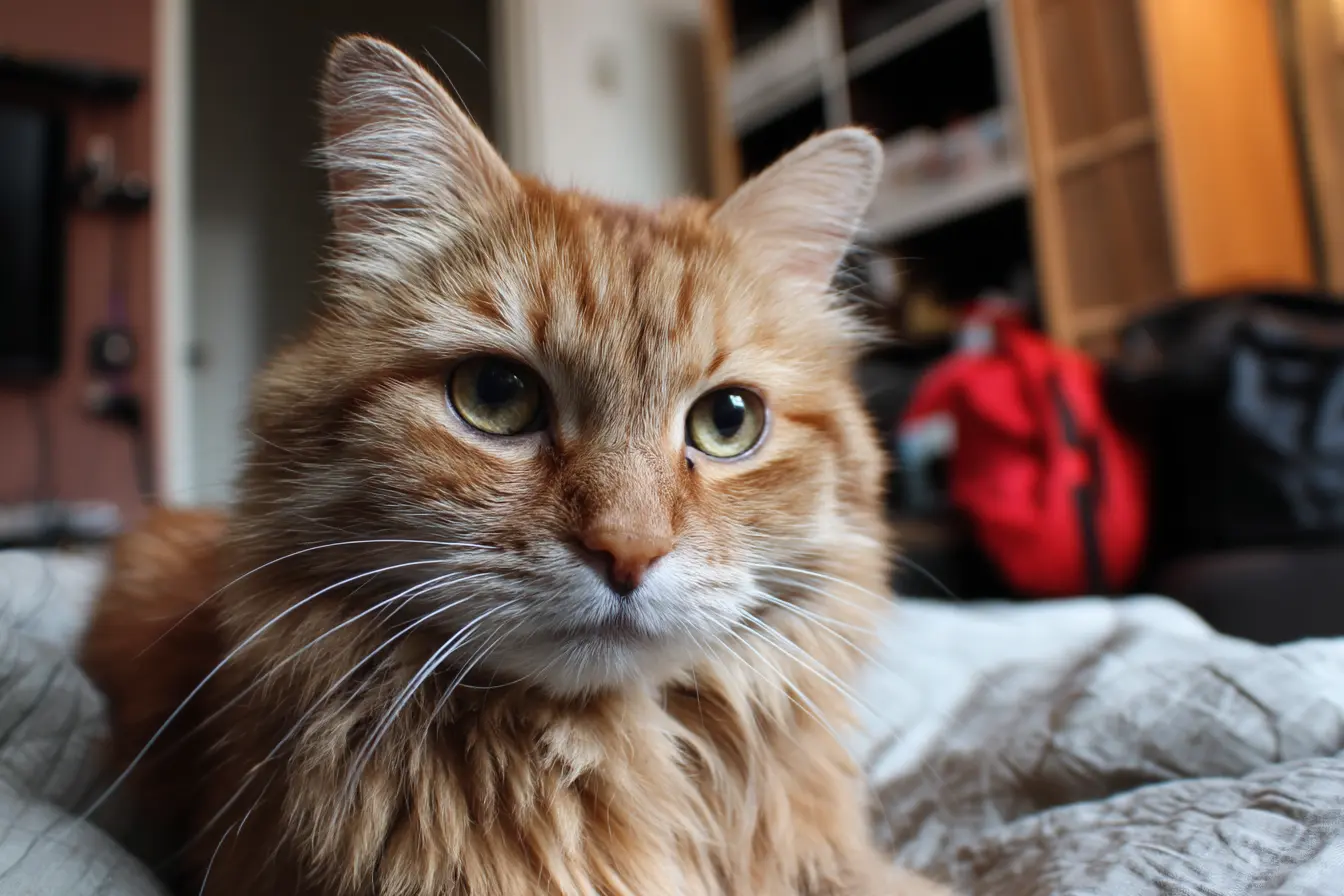
Feline Infectious Peritonitis in Cats: Causes, Symptoms, Treatment, and Prevention
Feline Infectious Peritonitis (FIP) is a severe and often fatal viral disease that affects cats, particularly young kittens and those in multi-cat households. It is caused by a mutation of the feline coronavirus and has historically been considered untreatable. However, recent advancements in treatment options have provided hope for affected cats.
This guide covers everything cat owners need to know about FIP, including its causes, symptoms, diagnosis, treatment options, and prevention strategies.
What is feline infectious peritonitis?
FIP is caused by a mutation of the feline coronavirus. While most strains of feline coronavirus cause mild gastrointestinal symptoms, in some cats, the virus mutates into a deadly form that spreads throughout the body. This mutated virus triggers an excessive immune response, leading to widespread inflammation and organ damage.
FIP is most commonly seen in young cats under two years old, but it can affect cats of any age. The disease has two main forms: wet (effusive) and dry (non-effusive), each with different symptoms and disease progression.
Causes of feline infectious peritonitis
FIP develops from feline coronavirus, a virus that is highly contagious among cats but usually causes only mild diarrhoea. The transformation from feline coronavirus to FIP occurs due to factors such as:
- Genetic predisposition, as certain breeds like Bengals, Ragdolls, and Persians are more susceptible
- High-stress environments, such as catteries or shelters
- Immature or weakened immune systems, particularly in kittens and immunocompromised cats
- High viral loads in multi-cat households, increasing the chance of mutation
Not all cats with feline coronavirus will develop FIP. The exact reason why some cats develop the deadly form remains unclear, though it is believed to be a combination of genetic, immune, and environmental factors.
Symptoms of feline infectious peritonitis
FIP symptoms depend on whether the cat has the wet or dry form of the disease. In both cases, initial signs are often vague, making early diagnosis difficult.
Early symptoms
- Lethargy or depression
- Loss of appetite
- Weight loss
- Fever that does not respond to antibiotics
Wet (effusive) FIP
Wet FIP is the more aggressive form, characterised by the accumulation of fluid in the abdomen or chest. This leads to:
- A swollen, fluid-filled belly (abdominal distension)
- Difficulty breathing due to fluid around the lungs (pleural effusion)
- Pale or yellow-tinged gums (jaundice)
- Fever that comes and goes
Dry (non-effusive) FIP
Dry FIP progresses more slowly and primarily affects internal organs. Symptoms may include:
- Inflammation of the liver, kidneys, pancreas, or intestines
- Neurological symptoms such as seizures, tremors, or difficulty walking
- Eye problems, including uveitis and vision loss
- Lumps or granulomas in various organs
- Chronic weight loss
Cats with dry FIP can develop neurological or ocular forms of the disease, making treatment more complex.
Diagnosing feline infectious peritonitis
Diagnosing FIP can be challenging, as there is no single definitive test. Vets use a combination of clinical signs, lab tests, and imaging studies.
Diagnostic tests
- Blood tests, including total T4, which measures thyroid hormone levels
- PCR test, which detects feline coronavirus RNA but cannot always differentiate between benign coronavirus and FIP
- Fluid analysis for wet FIP, as FIP fluid is usually yellow, sticky, and high in protein
- Imaging such as X-rays or ultrasound to detect fluid accumulation or organ abnormalities
- Biopsy for dry FIP, where tissue samples from affected organs may confirm the presence of granulomas
Treatment options for feline infectious peritonitis
Until recently, FIP was considered fatal, but new antiviral treatments have shown great success in treating the disease.
GS-441524 (remdesivir-related antiviral)
GS-441524 is an antiviral drug that has been highly effective in treating FIP. It inhibits viral replication, allowing the immune system to recover. Treatment lasts twelve weeks, with daily injections or oral medication. Many cats achieve full remission with proper treatment.
Other supportive treatments
- Anti-inflammatory drugs to reduce immune system overreaction
- Steroids such as prednisolone in some cases to control inflammation
- Antibiotics if secondary bacterial infections develop
- Fluid therapy and nutritional support to manage dehydration and weight loss
Cost and accessibility
GS-441524 is not yet licensed for veterinary use in many countries, but some vets provide access under compassionate use. Treatment can be expensive, costing hundreds to thousands of pounds. Research is ongoing to develop approved versions of GS-441524.
Can feline infectious peritonitis be cured?
Many cats have been successfully treated with GS-441524 and remain disease-free after treatment. However, relapse can occur in some cases, requiring extended therapy.
Preventing feline infectious peritonitis
While FIP itself is not contagious, feline coronavirus spreads easily between cats. The best way to prevent FIP is by reducing exposure to the virus and minimising stress.
Reduce coronavirus exposure
- Keep litter trays clean and place them far from food and water bowls
- Avoid overcrowding in multi-cat households
- Separate cats into smaller groups to reduce viral load
- Test and isolate cats with high coronavirus shedding in breeding catteries
Strengthen the immune system
- Provide a high-quality diet rich in essential nutrients
- Reduce stress by maintaining a calm environment
- Ensure regular veterinary check-ups for early disease detection
Is there a vaccine for feline infectious peritonitis?
A feline coronavirus vaccine exists but is not widely recommended. It does not prevent infection entirely and has limited effectiveness. It is also not part of core vaccinations.
Can feline infectious peritonitis spread to humans or other pets?
FIP does not spread to humans or dogs. While feline coronavirus can be transmitted between cats, the mutation into FIP occurs individually, meaning infected cats do not directly spread FIP.
When to see a vet
If your cat shows any of the following symptoms, seek veterinary care immediately:
- Persistent fever that does not improve with antibiotics
- Loss of appetite or unexplained weight loss
- Distended abdomen or difficulty breathing
- Neurological symptoms such as seizures or balance issues
- Eye inflammation or vision problems
Early detection improves the chances of successful treatment.
Conclusion
Feline Infectious Peritonitis was once considered an untreatable disease, but new antiviral medications have dramatically improved survival rates. Early diagnosis, supportive care, and access to antiviral treatment offer hope to affected cats.
If your cat is diagnosed with FIP, consult a vet about available treatment options. While the disease remains serious, advancements in veterinary medicine have given many cats a second chance at life.
By understanding the risks, symptoms, and prevention methods, cat owners can take proactive steps to protect their feline companions from this devastating disease.
Contents
- What is feline infectious peritonitis?
- Causes of feline infectious peritonitis
- Symptoms of feline infectious peritonitis
- Diagnosing feline infectious peritonitis
- Treatment options for feline infectious peritonitis
- Can feline infectious peritonitis be cured?
- Preventing feline infectious peritonitis
- Can feline infectious peritonitis spread to humans or other pets?
- When to see a vet
- Conclusion
Tags
Vets near you
Speciality vets
- Aquatics vet specialists
- Birds vet specialists
- Camelids vet specialists
- Cats vet specialists
- Cattle vet specialists
- Deer vet specialists
- Dogs vet specialists
- Equines vet specialists
- Exotic vet specialists
- Goats vet specialists
- Pigs vet specialists
- Poultry vet specialists
- Sheep vet specialists
- Small Mammals vet specialists
- Wild vet specialists
Vet facilities
- Accessible by public transport
- Blood testing
- Car park nearby
- Client car park
- Dentistry
- Diagnostic imaging
- Disabled public access
- Flea and worm treatments
- Microchipping
- Mobile services
- Neutering
- Open at weekends
- Out-of-hours service
- Referral interests
- Referrals only
- Street parking outside
- Toilets available
- Vaccinations
